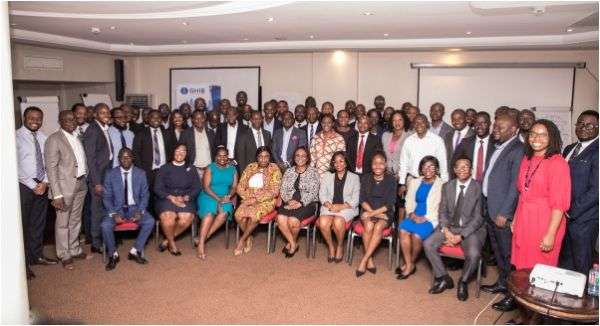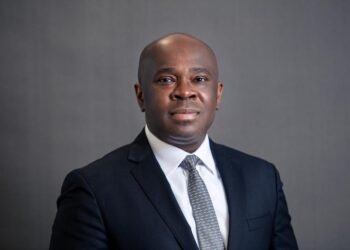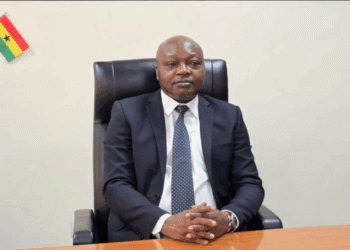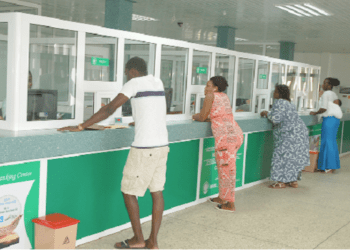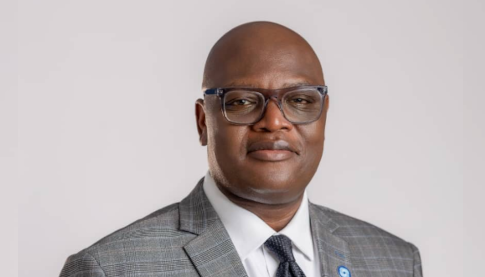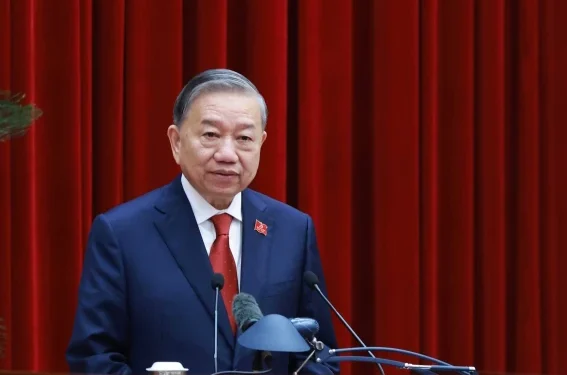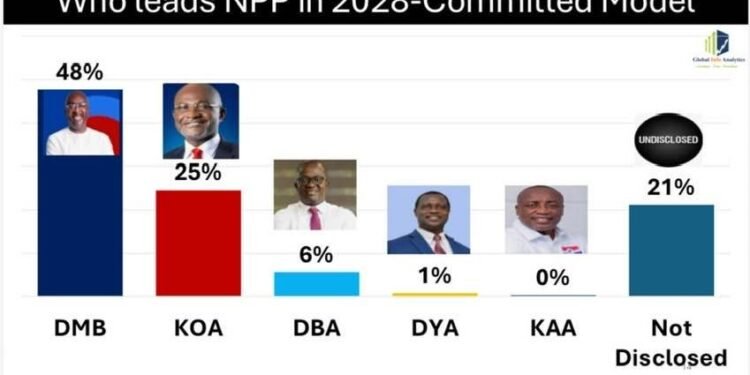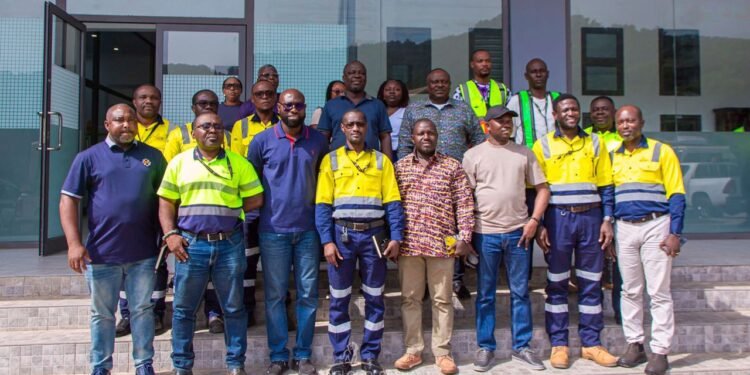Ghana International Bank (GHIB), a wholly Ghanaian-born bank incorporated in the United Kingdom, has organizedd an Enterprise-Wide Risk Assessment (EWRA) training programme for some African banks, comprising of over 50 bankers across Ghana, Gambia, and Sierra Leone.
Ophelia Atttobrah, Chief Banking Officer for GHIB, speaking to the media at the opening ceremony of the training, indicated that her outfit noted that Enterprise Risk Assessment is a key deficiency for most of these banks, hence the training.
“In line with our vision to be the most compelling UK bank that focuses on Africa, we deemed it important to take the initiative to support some of these banks in upskilling in the EWRA area. This training aims to give them the necessary skills to understand how best to assess the enterprise, including products, customers, operational regions, policies, and procedures, ensuring that they meet global or international financial crime anti-money laundering regulatory standards.”
Ophelia Atttobrah
The three-day workshop organized in Ghana aims to deepen banks’ knowledge of Enterprise-Wide Risk Assessment from a financial crime perspective and forms part of GHIB’s comprehensive plan to work closely with banks in the African sub-region to implement robust financial crime risk management systems.
Baafuor Ohene Abankwa, Country Representative, Ghana, and Head of Client Coverage Africa, asserted that this programme will enable banks to put in place the right measures to manage risks and safeguard revenues.
“In today’s banking world, banks need to properly assess the risks they face to ensure they do not lose revenues. This training will equip them to assess risks from a financial crime-based point of view. Once that is done properly, banks will be confident that revenues will not be lost due to the crystalisation of certain kinds of risks. We hope that the banks will be able to examine everything, assess the risks they face thoroughly, and implement proper measures to manage them effectively, preventing the risks from materialising and causing financial losses.”
Baafuor Ohene Abankwa
Crucial Role In Correspondent Banking In Cross-Border Transactions
Dr. Joseph France, the Director of Financial Stability Department at the Bank of Ghana, on his part, said the programme is timely because it plays a crucial role in correspondent banking in cross-border transactions.
“The need to understand the EWRA methodology and apply it appropriately to comply with the requirements of correspondent banking cannot be overemphasized, given the crucial role of correspondent banking in cross-border transactions and the need to prepare adequately for the third round of mutual evaluation. I therefore urge all participants to leverage this opportunity to equip themselves with the required competencies in EWRA methodology to ensure utmost compliance with the requirements of correspondent banks.”
Meanwhile, the enterprise-wide risk assessment (EWRA) is a comprehensive statement for financial crime risk management at an enterprise level. It also covers the enterprise’s foreign branches/subsidiaries. The risk-based approach, which is recommended by the Financial Action Task Force (FATF) derived from the EWRA of the organization. Furthermore, in some jurisdictions, it is a regulatory and legal requirement for EWRAs. EWRAs are a fundamental tool to gauge risk.
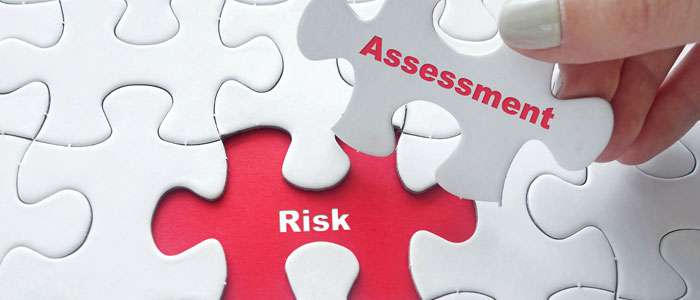
The EWRA is generally an annual exercise. However, in some FIs where the risk is less, the frequency could be changed to a more suitable period. The EWRA primarily focuses on the inherent risk in FI offerings, the geographies where it operates and the customer types. The EWRA assesses the risk for anti-money laundering/counter-terrorist financing (AML/CTF) and sanctions, in addition to counter-proliferation financing (CPF) and anti-bribery and corruption.
READ ALSO: McDan’s Ada Songhor Salt Company, Electrochem to List on Ghana Stock Exchange- MIIF CEO

